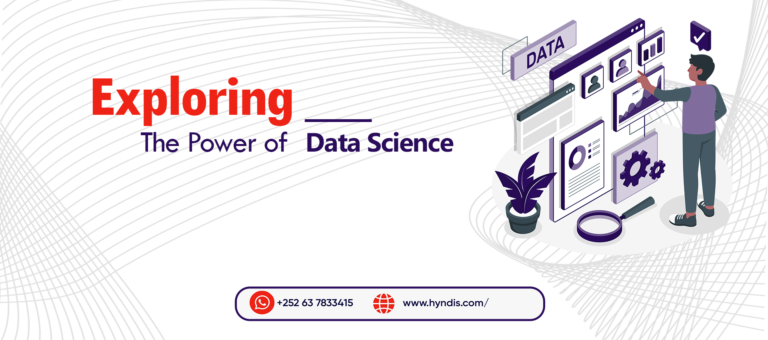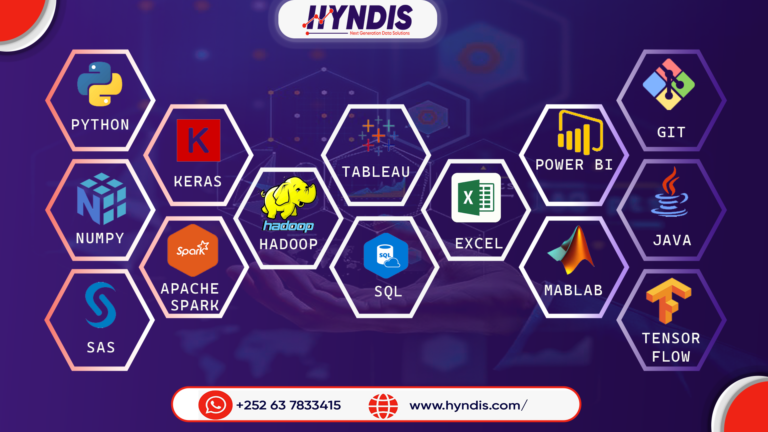Exploring The Power of Data Science

What is data science?
Data science is one of the most interesting topics in computer science. Before exploring data science as a topic, first, we must explain the data. Data is information gathered using a specific tool for future interest. The world is producing an unimaginable amount of data. Collecting, cleaning, analyzing, visualizing, and making decisions from that data by using different tools and skills is the core concept of data science.
Data science follows a systematic process that includes several key steps:
- Data Collection: Gathering relevant data from various sources, such as databases, APIs, or web scraping.
- Data Cleaning and Preprocessing: Removing inconsistencies, handling missing values, and transforming the data into a suitable format for analysis.
- Exploratory Data Analysis (EDA): Understanding the characteristics of the data through visualization and statistical techniques.
- Feature Engineering: Creating meaningful features from raw data to improve predictive models’ performance.
- Model Building: Applying statistical and machine learning algorithms to train models that can make predictions or classify data.
- Model Evaluation and Validation: Assessing the model’s performance and ensuring its generalizability to new data.
- Deployment and Monitoring: Integrating the model into production systems and continuously monitoring its performance.
Data science is widely applicable in many different fields:
- Business and Marketing: By analyzing customer behavior, market trends, and sales data, businesses can make data-driven decisions to optimize their strategies, personalize marketing campaigns, and improve customer satisfaction.
- Healthcare: Data science enables the analysis of patient records, medical imaging, and genomic data to develop personalized treatments, predict disease outcomes, and optimize healthcare delivery.
- Finance: Financial institutions leverage data science techniques for risk assessment, fraud detection, algorithmic trading, and portfolio optimization.
- Transportation and Logistics: Data science helps optimize routes, predict demand, and improve supply chain management, leading to efficient transportation systems and reduced costs.
- Social Sciences: Data science techniques enable the analysis of social media data, surveys, and public records to gain insights into human behavior, sentiment analysis, and social network analysis.

Tools and Technologies in Data Science:
Data scientists employ a range of tools and technologies for data manipulation, analysis, and visualization. Some popular ones include:
- Programming Languages: Python and R are widely used for their extensive libraries and ecosystem tailored for data science.
- Machine Learning Libraries: Scikit-learn, TensorFlow, and PyTorch provide comprehensive frameworks for building and deploying machine learning models.
- Big Data Processing: Tools like Apache Hadoop and Spark allow processing and analysis of large-scale datasets distributed across clusters.
- Data Visualization: Libraries like Matplotlib, Seaborn, and Tableau facilitate the creation of visually appealing and informative data visualizations.
Related Posts
-
01 Nov 2023How data analytics contributes to the growth and development of insurance stakeholders: Insurers, Reinsurers, Brokers and Agentsfourth
-
01 Nov 2023Three Ways Data Analytics Improve Personalised Medicine
-
01 Nov 2023The Crucial Role of BI in Insurance Risk Management
-
22 Oct 2023Exploring The Power of Data Science

